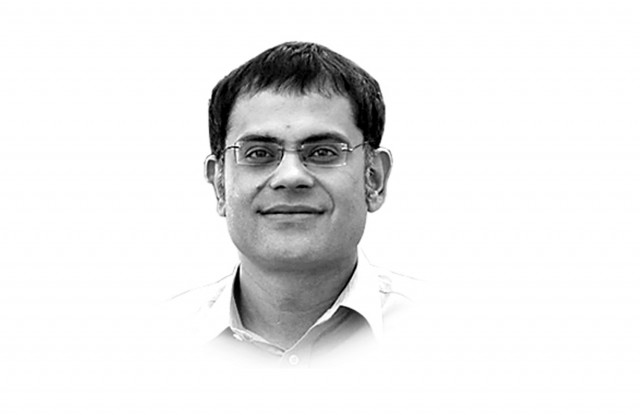Mukhtaran Mai: Pakistan betrayed you once again
This is time for reflection, policy debate and untiring advocacy.

Mukhtaran Mai: Pakistan betrayed you once again
Nine years ago, a misogynistic panchayat of south Punjab ordered the gang rape of a woman for no sin of hers. It was her (then 12-year-old) brother who was sodomised and then accused of illicit relations with the sister of the powerful rapists. This low-caste family had to be ‘fixed’. Thanks to the media frenzy, the state had to act when what happens in subaltern Pakistan was exposed. Suo motu notices by the courts, police investigation and faulty prosecution ultimately led to no justice. At every step of the legal process, powerful men obstructed the cause of justice.
The Lahore High Court and now the split bench of the Supreme Court have decided on the basis of evidence produced before them. Fair enough. After all, the courts have to rely on the proceedings. But are we not living in the age of proactive courts where ‘public expectations’ and correcting the wrongs of history are oft-cited phrases? Did a learned judge not say in the sugar price control case that the court was moving beyond its jurisdiction to respond to public expectations? Did the courts not decide on the Eighteenth Amendment, which cannot be challenged in any court? We respect the honourable courts but do reserve the right to differ. Are the lower courts equally stringent about blasphemy cases? No.
No sooner was the judgement released that some men, according to reports, clapped in the court. Later, a chauvinistic TV anchor asked Mukhtaran if she had any compassion for the men who had spent six years in jail. This was adding insult to a national injury. Are we living in a medieval society? Evidently yes, when it comes to women and their rights.
This is time for reflection, policy debate and untiring advocacy. Our police has to be restructured and made accountable to the public, not to the provincial chief ministers and the IGs. Pakistan has to augment prosecution services and make them autonomous.
How long will terrorists and rapists be released simply because the prosecution system is weak? The provinces with the reversal of devolution have undone the prosecution reform started in 2002. We also need judicial reforms in lower and superior courts of Pakistan — way beyond the goals of the national judicial policy of 2009.
Let Mukhtaran Mai’s defeat become an opportunity for mobilising for reform. Mai: We are ashamed, but will not give up.
Published in The Express Tribune, April 23rd, 2011.















COMMENTS
Comments are moderated and generally will be posted if they are on-topic and not abusive.
For more information, please see our Comments FAQ